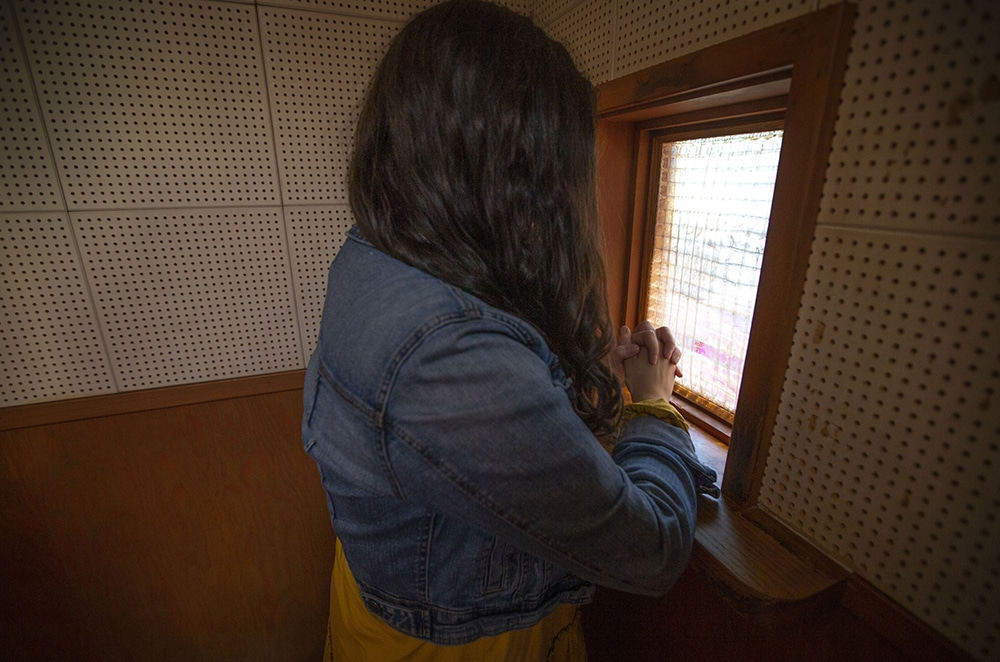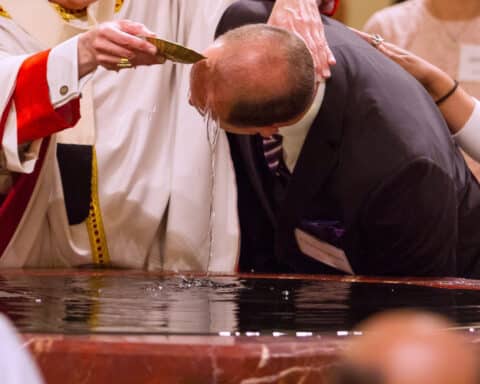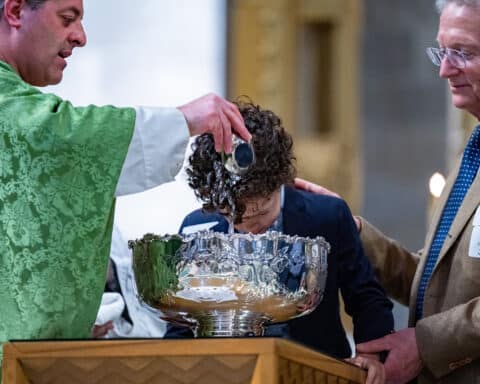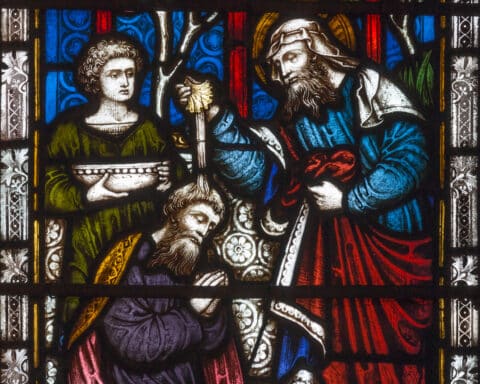
— Name, location withheld
Answer: The opening of confession with the expression “Bless me, Father, for I have sinned” is a widespread custom in the United States and in some other regions. In different parts of the world, there are other expressions used to begin the confession.
The insistence that you should say “Forgive me, Father” is puzzling and requires something of you that is not what the Church insists. There is no directive to use the formula, “Forgive me, Father” rather than “Bless, me Father.”
For the record, the prescribed ritual for beginning the Sacrament of Confession is as follows, as per the Rite of Penance:
“When the penitent comes to confess his sins, the priest welcomes him warmly and greets him with kindness. Then the penitent makes the Sign of the Cross which the priest may make also, [saying] ‘In the name of the Father, and of the Son, and of the Holy Spirit. Amen.’ The priest invites the penitent to have trust in God, in these or similar words: ‘May God, who has enlightened every heart, help you to know your sins and trust in his mercy.’ The penitent answers: ‘Amen.'”
Thus, we can note that the prescribed form does not include either “Forgive me, Father” or “Bless me, Father.” However, the final line indicates other forms may be used. Further, the Rite of Penance also says:
“When pastoral need dictates, the priest may omit or shorten some parts of the rite but must always retain in their entirety the penitent’s confession of sins and acceptance of the act of penance, the invitation to contrition and the formularies of absolution and dismissal.”
I have travelled widely in the United States, and most penitents begin by saying, “Bless me, Father, for I have sinned.” While this varies from the more formal introduction set forth in the rite, variations and local customs are allowed, and practically have become the norm.
So the correction by the priest indicates more his preference than what is required of you. You are free to say “Bless me, Father.”
Non-Catholic baptism
Question: As a Catholic, can I be a sponsor for my niece’s baptism in an Episcopal church?
— Name withheld, Washington, D.C.
Answer: While I recommend against it, it technically is permitted. I think that a Catholic who stands as a witness for a Protestant baptism should make it clear that they would seek to witness to the Catholic faith should the Protestant parent(s) die or cease practicing their faith. But that said, here is what a norm of the Church says:
“It is the Catholic understanding that godparents, in a liturgical and canonical sense, should themselves be members of the church or ecclesial community in which the baptism is being celebrated. … However, based on the common baptism and because of ties of blood or friendship, a baptized person who belongs to another ecclesial community may be admitted as a witness to the baptism, but only together with a Catholic godparent. A Catholic may do the same for a person being baptized in another ecclesial community” (Principles and Norms on Ecumenism, No. 98).





